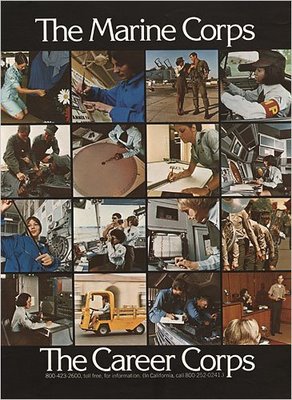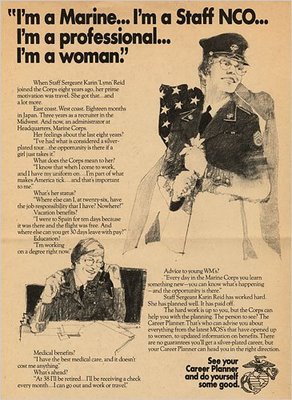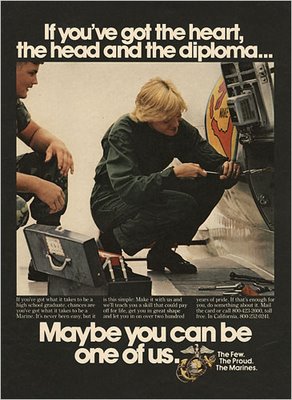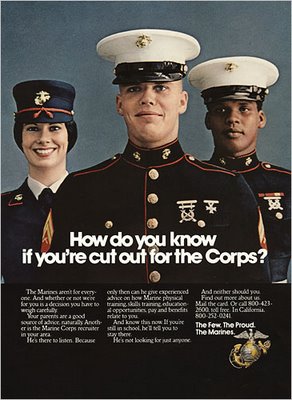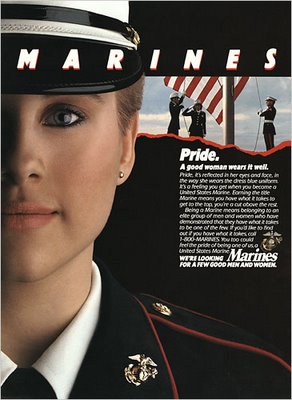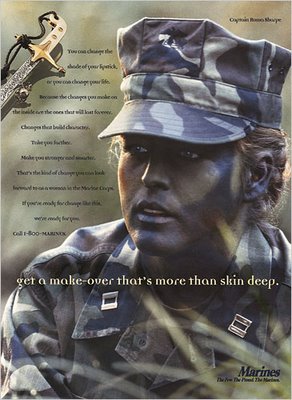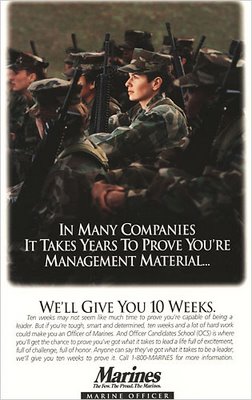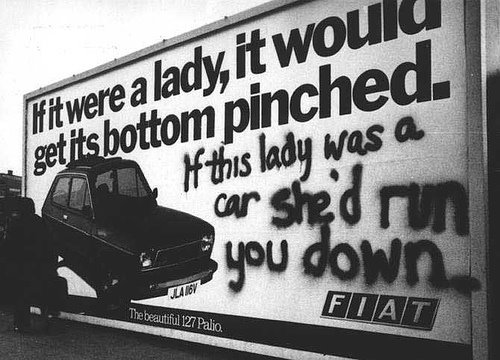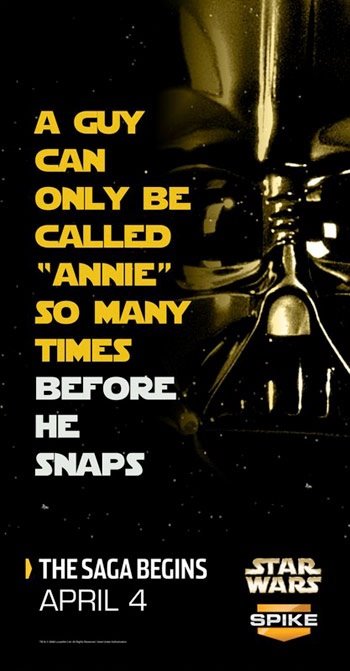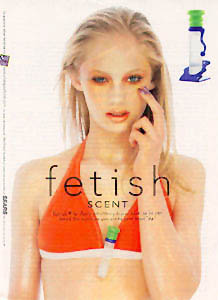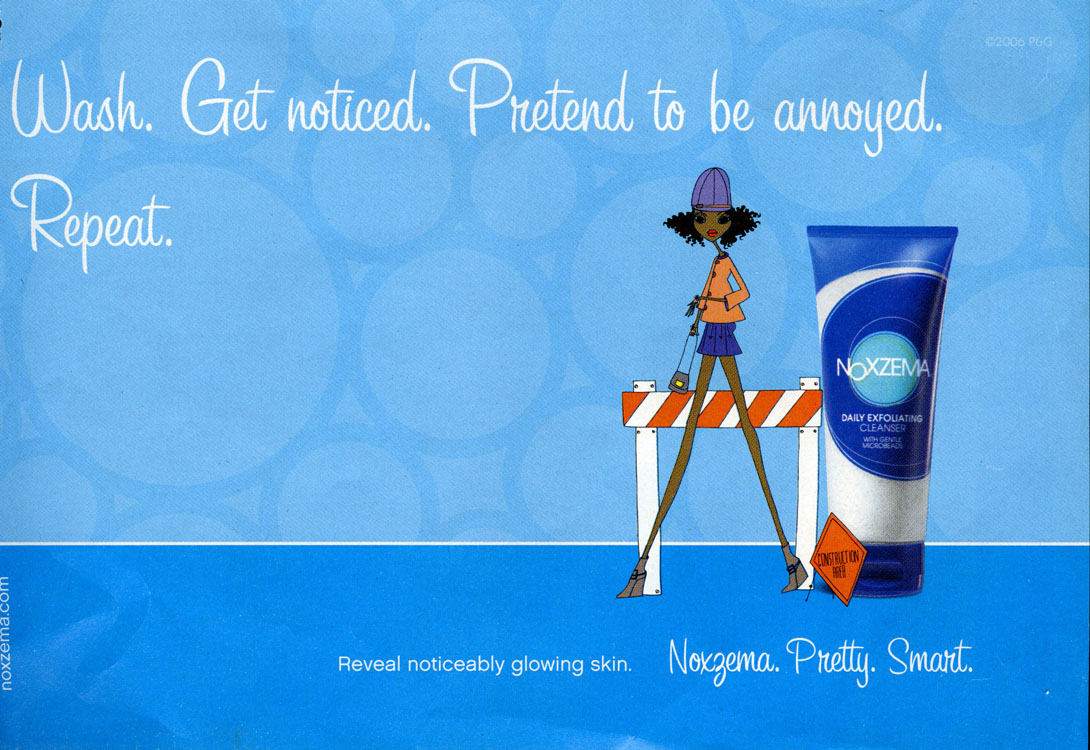In this ad for Bud Lite, we see a reversal of the usual gender pattern–in this case, a woman has x-ray vision and uses it to imagine what men look like under their clothes. When a chubby man appears and she sees his body under his clothes, she’s disgusted and looks away:
[youtube]https://www.youtube.com/watch?v=cOEMI8HRhlA[/youtube]
An interesting example of men’s bodies under scrutiny.
Gwen Sharp is an associate professor of sociology at Nevada State College. You can follow her on Twitter at @gwensharpnv.

